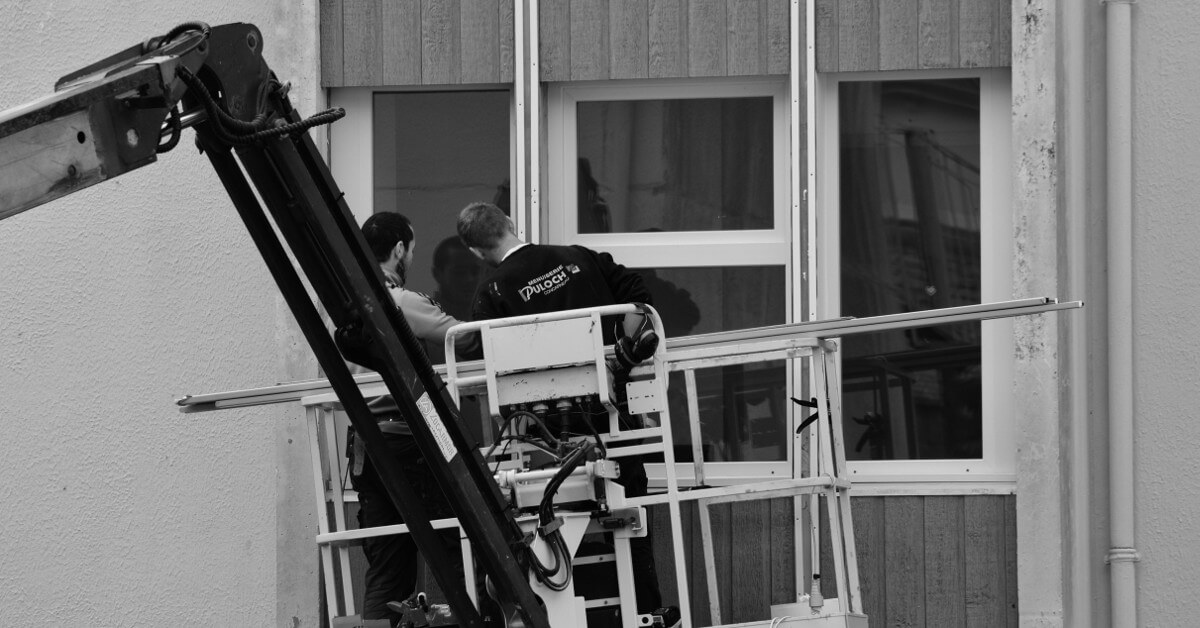As I glanced through one of evangelical Christianity’s best-selling books on male sexual purity this afternoon, I was struck anew by the fact that there is something deeply wrong with the way that this most-important of topics is usually addressed. The book’s central message (illustrated with creepily-gratuitous anecdotes of sexual sin), could be summarized, “To be male is to be inevitably drawn to sexual perversity and misconduct by the almost-irresistible force of your masculine sexual energy. Your job as a Christian is to spend the rest of your life holding back the force of this tide, while using your wife to funnel off as much sexual energy as possible to ease the arduous task of maintaining sexual purity.”
Faced with so overwhelming a task, and one so apparently at odds with one’s most basic nature, it is small wonder so many young men don’t bother to try at all; or, if they do try, end up struggling and exhausted by a task made impossibly strenuous by their misunderstanding.
i
Any discussion of sexual purity ought to begin, not with sex, but with morality generally. And any discussion of morality must begin with the self, and the effects of our choices and behavior on our self.
By “the self,” I mean that part of me which I most truly and deeply am; that part which is immortal, who I am now and ever will be, eternity without end. It’s a rather sobering thought, this realization that I cannot escape my self. If you mess up your first car, or your first marriage, it is at least possible to get a new one; not so one’s self.
And “mess up” we can, for the self is in a continual state of transition. In fact, the self changes its own nature, by its own choices, like a block of granite come alive to sculpt itself. Every choice I make shapes my self just a little bit, making me not quite what I was before: piling on something new, stripping off something old, changing the shape of what I am by perhaps imperceptible degrees.
Both good and evil become easier with practice, not merely through habituation, but because the doer is making himself more and more the sort of person for whom such acts come naturally. (And “naturally” is exactly the right word, for it is his very nature which is being shaped by his choices.) The man who beats his children, the boy who pulls the wings off butterflies, and the girl who passes along cruel gossip are all following the same blueprint in their self-transformation; the difference is merely one of degree, rather than kind. We cannot help but be shaped by what we do.
i
The tragedy of fallen mankind is the downward spiral in which corrupt choices shape corrupted selves whose further choices can only continue the hopeless pattern. Christian morality offers escape from this pattern, holding out the blueprint for right choices – for the choices that will lead to true joy and meaning in right relationship with God and with our fellow humans – while divine grace makes possible those right choices which would otherwise be impossible for our broken selves.
And because right choices, like evil, shape the self, this divinely-enabled right conduct will inevitably result in selves for whom goodness is increasingly pleasant. The man who loves his neighbor because he ought soon finds himself loving his neighbor merely because he does!
i
And this brings us back to where we started, on the topic of sexual purity. The divine rule as regards sex is fairly simple: It is a good which is to be enjoyed within the bounds of a marriage between a man and a woman.
In other words, when humans were invented as sexual beings, that was how sex was supposed to work; what it is designed to be. For a properly-functioning human creature – either male or female – this is what is best. What is natural. What offers highest joy and highest pleasure, in the fullest sense of the words. Anything else can only be corruption and diminution, because that is all that evil can offer.
Of course, this means that sexual purity would be terribly easy, if only we were properly-functioning human creatures. Unfortunately, even after turning towards Christ, the process by which we are straightened and restored is a slow and at-times-painful one. In the meantime, in sex as in the rest of our lives, we find ourselves in love with what is lesser, meaner, and lower. The desire is no less real for being unnatural and deathly. Like a falcon that has been taught to seek only rotting carrion, our own corrupted desires betray us.
This is where so many Christians, with the best intentions, fail to make a crucial distinction. When a man views pornography, for example, he is not acting out of a natural masculinity that must be suppressed for the sake of righteousness. Rather, he is dining on rotten, maggoty carrion unawares. And so long as he gluts on what is lower, he is ingraining ever deeper in himself a distaste for what is truly good and an appetite for what is death to him. This is why the excuse, “I’ll stop viewing pornography once I’m married” would be laughable if it were not so tragic. Oh no, he won’t stop, not for long, for he has just spent years making himself exactly the sort of person who needs pornography. Marriage will not – can not – make him a different person than what he has himself created.
However, there is a flip side that offers tremendous hope to those who struggle with sexual sin. For just as choosing what is corrupt cannot help but cultivate one’s appetite for what is lower, so also, choosing – by the grace of God – what is higher will create a love for what is higher and better. (A love which grows more naturally and swiftly because of the goodness of its object.) The man who chooses not to view pornography, or have extramarital sex, or sin sexually in some other way, is not only not sinning at the moment of his choice, but is inexorably making himself the sort of man who loves what is actually good and so will make the right choice tomorrow as well.
None of this is to say that it is easy to be sexually virtuous. Far from it. The choices to which I just so casually referred are agonizingly difficult, particularly in a culture in which most young men are exposed to sexual perversion so early that they have developed a taste for it before they really even understand what it is. “Oh, but God will help me.” Yes, He will. That doesn’t mean the choice will be easy – it means what would otherwise be impossible will be possible. Barely.
It’s a choice that must be made daily, again and again, and one which is particularly difficult initially, as the grooves and pits worn in the self by unnatural appetites are destroyed. However, those who try can know two things: The change is possible, by the grace of God, if we will only choose it. And when the choice is made, it will result in the sort of man who loves what is good; what is natural; what is real.



